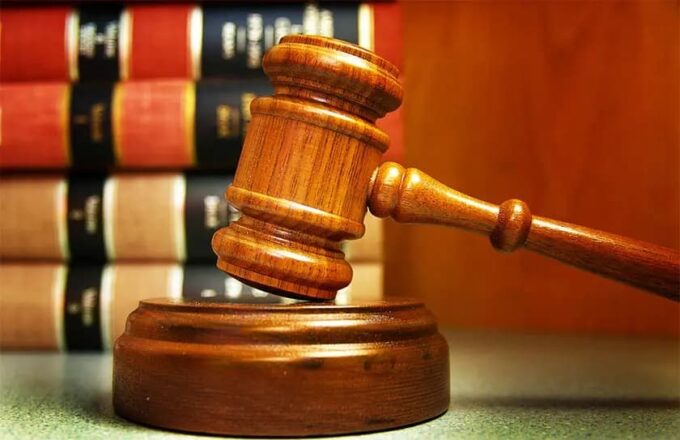In a decisive victory for environmental transparency, the Federal High Court in Lagos has ordered the Nigerian government to disclose critical details about gas flaring by oil and gas companies operating in the country.
The ruling, delivered by Justice A.O. Faji in Suit No. FHC/L/CS/251/2021, comes after a legal battle initiated by the Human and Environmental Development Agenda (HEDA Resource Centre), which accused the government of unlawfully withholding information.
The court issued an order of mandamus compelling the President and the Minister of Finance to release the names of companies engaged in gas flaring, the volumes flared, the penalties imposed, and the amounts actually paid between 2015 and 2020.
Justice Faji rejected the government’s objections, affirming that public access to such data is essential for environmental accountability and good governance in Nigeria’s oil sector.
The case stemmed from the government’s repeated failure to respond to HEDA’s Freedom of Information (FOI) requests submitted to the Ministry of Petroleum Resources—then under the President’s direct supervision—and the Ministry of Finance.
HEDA Chairman Olanrewaju Suraju hailed the judgment as a landmark moment for environmental rights and anti-corruption efforts. “This is a precedent-setting judgment. It affirms the power of civic engagement and the relevance of the judiciary in protecting environmental rights,” he said.
“With this ruling, the Government is compelled to be transparent about the operations of oil and gas companies and the true environmental cost of their activities.”
Suraju emphasized that HEDA would ensure strict enforcement of the ruling, including sanctions for defaulting companies, and would advocate for gas flaring penalties to be directed toward climate adaptation and sustainable development projects. The organization also called on civil society groups, the media, and the international community to intensify pressure on both the government and the extractive industry to uphold transparency. The case underscores the judiciary’s role in safeguarding environmental justice when government institutions fail to act in the public interest.















Leave a comment